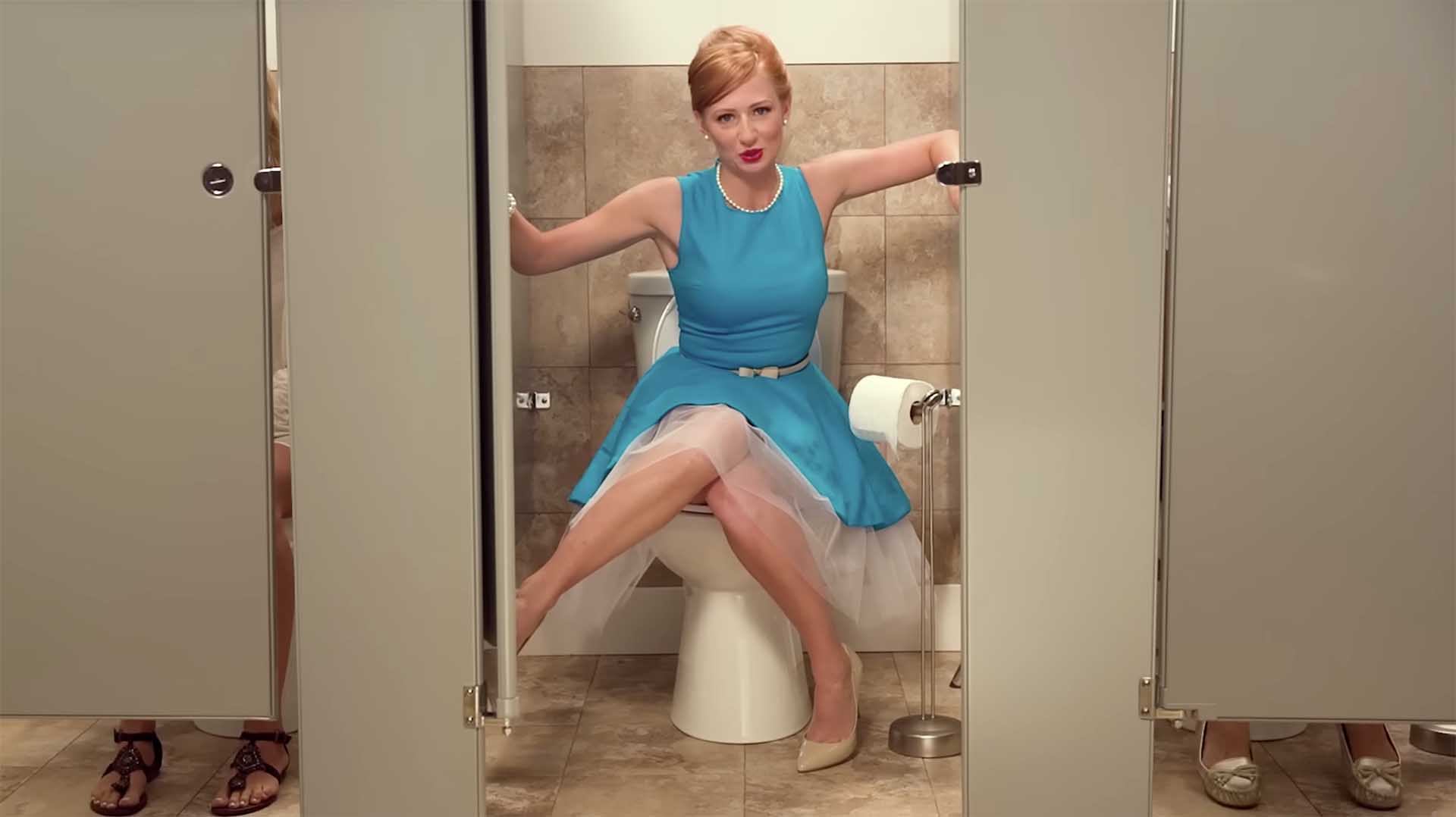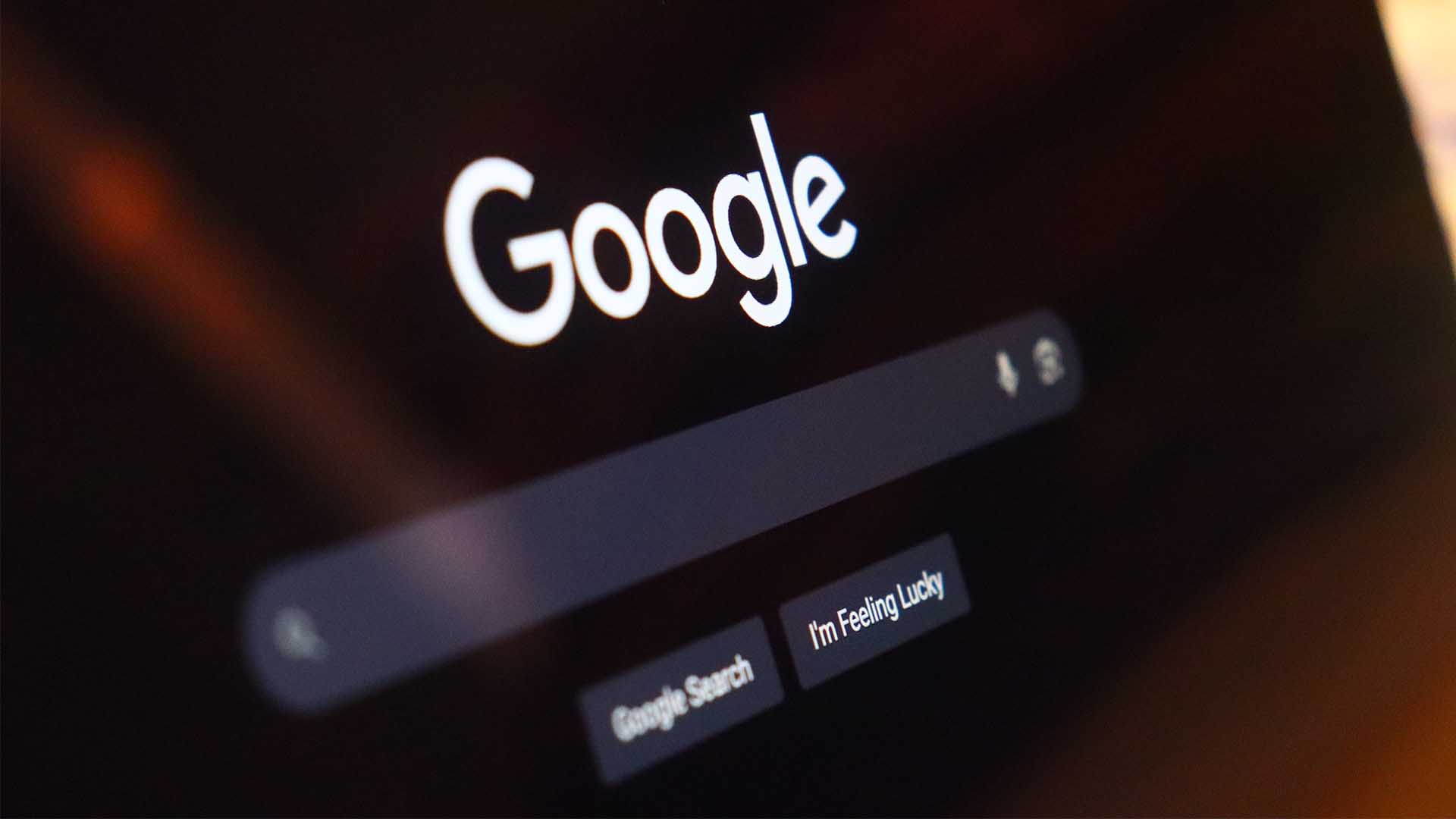
The Best of Taboo Adverts
Intro
For decades, advertising shied away from life’s messier realities, anything that might make us squirm, cringe, or glance awkwardly at the person next to us. Bodily functions, sex, periods, grooming, death, these topics were often sanitised, skipped over, or avoided entirely.
As marketers, we’re often told to tread carefully around sensitive subjects, to play it safe. But sometimes, the brief lands on your desk and the product, service, or issue in question doesn’t lend itself to subtlety. Bodily functions, grooming, periods, sex, even death… these are awkward topics. But they’re also real, universal, and, if you get the tone right, ripe for bold, brilliant storytelling.
The truth is, there’s precedent for tackling discomfort head-on and winning. In recent years, a wave of smart, funny, and fearless campaigns have flipped that script. With irreverent humour and sharp creativity, brands are confronting these ‘taboo’ topics head-on, and not just for laughs. Done right, this approach doesn’t just entertain, it builds trust, earns attention, and generates real cultural impact. Some of the most effective, memorable, and talked-about campaigns have succeeded precisely because they didn’t flinch. They made us laugh, nod, cringe, and crucially, connect.
So, in this post, we pay tribute to the brands that have made us laugh while making us think, and the taboo adverts that prove awkward can be awesome.
Poo Pourri, Girls Don’t Poo
With a plummy British accent and the elegance of a luxury fragrance ad, Girls Don’t Poo turns toilet humour into a perfectly polished parody. The genius is in the contradiction, genteel visuals and posh language colliding with blunt honesty about bowel movements. It shattered the silence around female bathroom habits, delivering viral success and massive brand awareness.
Manscaped, The Boys
Taking male grooming out of the shadows, Manscaped made testicular care the subject of a charming, cheeky campaign. Personifying testicles as “The Boys,” the brand used warm humour and just the right amount of absurdity to make an awkward topic feel relatable. It walks the line perfectly, never crude, always confident, and turns a snigger-worthy subject into something guys can actually talk about.
Trojan Condoms, The Trojan Games (Vault)
In the early days of shareable ‘viral’ video content, Trojan launched The Trojan Games, mock Olympic-coverage for bedroom athletes. Subverting traditional events such as Gymnastics, Weight-Lifting & Judo, the campaign used spoof sports commentary to great comedic effect. It was silly, smart, and unexpected, delivering a message about safe sex with confidence and a wink. Even now, it holds up as an early example of how humour can de-stigmatise.
Squatty Potty, This Unicorn Changed the Way I Poop
You can’t unsee it. A unicorn gracefully pooping rainbow soft-serve into an ice cream cone while a handsome prince explains digestive health. This Unicorn Changed the Way I Poop is pure advertising alchemy—combining education, comedy, and pure weirdness to explain the benefits of proper toilet posture. It’s wildly entertaining, but also informative enough to change behaviours. That’s impact.
Bodyform, Viva La Vulva & Never Just A Period
We’re featuring a Bodyform double-bill here, which suggests that Bodyform isn’t just comfortable communicating its subject, it’s arguably leading the charge. The first example, Viva La Vulva is a glorious, high-concept ode to vulvas, without ever showing one. Exploring women’s uncertainty about body norms, Viva La Vulva uses lipsyncing oysters, folding napkins, and peach halves to celebrate the diversity of the female anatomy in a joyful, non-clinical, and proudly weird way. It’s bold, playful, and bursting with visual metaphor. This is advertising that celebrates, educates, and empowers
We’re now veering away from humour as a device. In Never Just a Period, Bodyform tackles the serious, often painful experiences hidden behind the word “period.” From endometriosis to miscarriages to surgeries, the film showcases the real impact of reproductive health issues. It’s raw, moving, and fearless. While not humorous, it sits alongside these other ads for its bravery, creativity and for pushing period advertising into a more human, honest space.
Life360, I Think Of You (Dying)
Darker topics demand sharper storytelling, and Life360 nailed it. While the product, a family tracking app, isn’t controversial, the core message is: the fear of losing a child. It’s a parental anxiety that most brands would sidestep in favour of lighter benefits. But this campaign leans in. The ad opens with a line few parents would admit, “I think of you… dying.” What follows is a hilariously honest monologue of intrusive thoughts, delivered with cinematic flair and surreal animation. By confronting the fear head-on, and balancing it with humour, Life360 reframes surveillance as love, and awkward tech as peace of mind. Twisted, clever, and completely on point.
Gilette, The Best A Man Can Be
To close, we shift gears from humour to something far bolder, Gilette’s powerful and unapologetic statement on modern masculinity.
Gillette’s reinvention of its long-time slogan sparked debate around the world, and led to some undeserved negative criticism. Addressing toxic masculinity, bullying, and harassment, The Best a Man Can Be was more sobering than cheeky, but still belongs in this list for its willingness to wade into uncomfortable territory. Some viewers loved it. Others bristled. But no one ignored it. The ad showed how even legacy brands can use their platform to challenge norms and evolve.
And, Finally…
These campaigns prove that honesty, humour, and creativity can turn even the most awkward topics into cultural talking points, and big business wins. Whether it’s poop, pubic hair, condoms, or grief, these brands aren’t afraid to go where others won’t.
They’ve redefined what it means to connect with an audience, by talking about the things we’re all thinking, but rarely hear in a polished ad. Because let’s face it, everyone poops. Everyone worries. Everyone bleeds, loves, laughs, and dies.
And sometimes, the best way to talk about life’s messiest parts… is to laugh at them.



